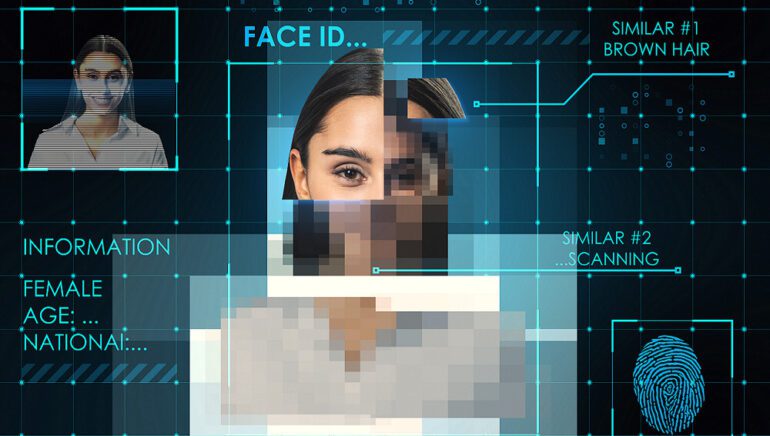TL;DR:
- Over 500 AI experts advocate for strict regulations against deepfakes through an open letter.
- The letter emphasizes the escalating threat posed by deepfakes to society.
- Key demands include criminalizing deepfake child sexual abuse materials and imposing penalties for creators and distributors of harmful deepfakes.
- Developers are urged to implement robust preventive measures on their platforms.
- Signatories include prominent figures from academia and industry, reflecting global concern.
- The EU’s proactive stance on deepfake regulation may have influenced this advocacy effort.
- Concerns persist regarding the effectiveness of existing legislative frameworks in addressing deepfake-related abuses.
- The recent establishment of a task force highlights the urgency of addressing AI-related threats.
- The letter provides policymakers with a comprehensive resource to understand the AI community’s stance on legislative responses to deepfakes.
Main AI News:
Numerous AI luminaries have united in a resounding call for legislative action against the proliferation of deepfakes. This open letter, signed by over 500 individuals within and adjacent to the AI sector, serves as a significant indication of the prevailing sentiments among experts on this contentious matter. While its direct impact on legislation remains uncertain, particularly given the recent establishment of a House task force, its symbolic significance cannot be overstated.
The letter unequivocally asserts that deepfakes pose a growing threat to society, urging governments to enact comprehensive regulations across the entire supply chain to curb their dissemination. Specifically, it advocates for the complete criminalization of deepfake child sexual abuse materials (CSAM), irrespective of the authenticity of the depicted individuals. Furthermore, it calls for legal penalties in all instances of deepfake creation or distribution causing harm. Additionally, developers are urged to implement robust measures to prevent the generation of harmful deepfakes using their platforms, with penalties for inadequate safeguards.
Among the signatories are numerous academics from diverse backgrounds and regions, demonstrating the global concern over this issue. Notably, the signatories are categorized by “Notability,” showcasing the diverse representation within the letter.
While this call for action is not unprecedented, with similar discussions ongoing in the EU for years, its formal proposal earlier this month underscores the urgency felt by the AI community. The EU’s proactive approach to addressing such challenges may have galvanized researchers, creators, and industry leaders to amplify their voices.
Furthermore, the letter reflects growing apprehension regarding the inadequacy of existing legislative frameworks, such as the Kids Online Safety Act (KOSA), in effectively combatting this form of abuse. The potential ramifications, including AI-generated scam calls influencing elections or defrauding unsuspecting individuals, highlight the pressing need for intervention.
The recent establishment of a task force, albeit without a clear agenda beyond assessing AI-related threats, underscores the timeliness of this advocacy effort. Amidst these developments, there is a palpable sense of urgency within the AI community to address these issues proactively.
While the impact of this letter remains uncertain, it serves as a consolidated voice representing the collective concerns of the global AI community. Should policymakers choose to heed this call, they will have a comprehensive resource to gauge the sentiments of experts in shaping legislative responses to AI-related challenges.
Conclusion:
The call for deepfake legislation by prominent AI experts signifies a growing recognition of the urgent need to address the threats posed by synthetic media. This advocacy effort highlights the importance of proactive regulatory measures in safeguarding against the misuse of AI technology. For businesses operating in the AI sector, this underscores the necessity of prioritizing ethical considerations and implementing robust safeguards to mitigate potential risks associated with deepfakes. Failure to address these concerns could lead to reputational damage and regulatory scrutiny, impacting market viability and consumer trust in AI-driven products and services.

